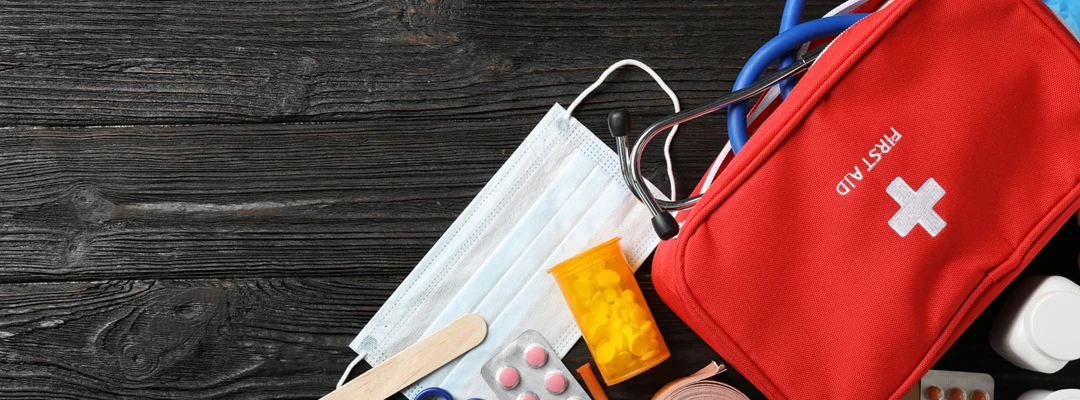Medical Emergency
In the event of a medical emergency, act immediately, keep calm, and reassure the victim.
Summon medical help as soon as possible by University Police. Be prepared to give the following information:
- What happened
- Number of victims
- Kind of injury
- Exact location of the emergency
- What help is being given
- Your name and phone number.
Assist injured person(s) and remove them from the hazard if injuries are minor. Do not move seriously injured persons unless they are in danger of further injury.
Do not transport seriously injured persons to the hospital and do not hang up until the dispatcher tells you to do so.
If you are trained to provide medical care, do so only to the level that your training allows.
Life-Threatening Conditions
Check the scene for safety.
Check the injured for breathing, pulse, severe bleeding, and consciousness. Immediately call 911 then the University Police (when time allows) if the injured person:
- Is unconscious.
- Has trouble breathing or is breathing in a strange way.
- Has chest pain or pressure.
- Is bleeding severely.
- Has pressure or pain in the abdomen that does not go away.
- Is vomiting or passing blood.
- Has repeated seizures or a seizure that lasts for more than a few minutes.
- Has a severe headache or slurred speech.
- Has injuries to the head, neck, or back.
- Has possible broken bones.
Do not move the victim unless absolutely necessary.
Non Life-Threatening Conditions
If there are no life-threatening conditions:
- Watch for changes in breathing and consciousness.
- Help the injured rest comfortably.
- Keep the injured from getting chilled or overheated.
- Reassure the injured.
Call University Police for injuries that are not life-threatening. University Police will assess the situation, and call EMS if necessary or if requested by the injured person.
University Police will not transport the victim to the hospital.
